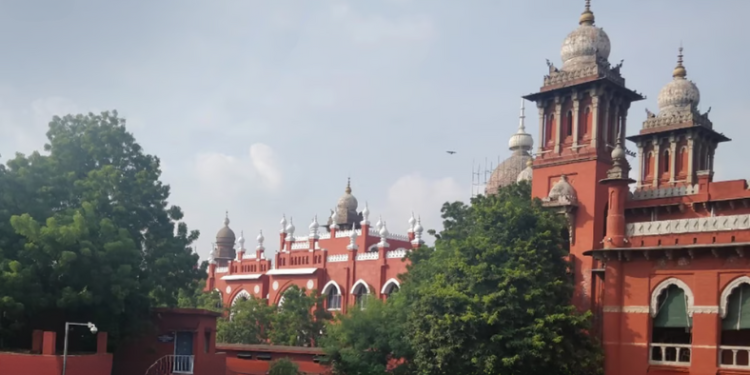The Madras High Court recently acquitted a man convicted of rape after the complainant had a second child with him, months after they were sent to mediation to resolve issues concerning the upbringing of their first child.
“There are no rules in love and war, and this case perhaps stands as a testimony to this statement,” remarked Justice N. Seshashayee, noting the unusual circumstances of the case.
The mediation, initially intended to address the future of their first child, ultimately led to the birth of a second child, a fact that the Court found noteworthy.
“When the appeal was filed, this Court sought to find the best possible outcome for the child born to the prosecutrix through the appellant. To this end, the case was referred to mediation. However, the result of the mediation was not a resolution for the first child, but instead, the parties ended up having a second child,” the Court observed.
The man had been accused of rape in 2014 after the complainant gave birth to their first child. He appealed against his conviction in 2017.
During the appeal process, the Court expressed concern about the welfare of the first child and referred the matter to mediation. However, the mediation unexpectedly led to the couple having a second child, a development the State later confirmed, including providing the birth certificate of the second child.
“Neither prosecution nor conviction separated the prosecutrix and the appellant. At the end of the day, the parties are adults, and the Constitution of the country does not impose a moralistic stance. It grants citizens the freedom to live their lives as they choose. If the prosecutrix and the appellant decided to continue their relationship of their own free will, there is little the legal system can do except to record its finding that, in this case, the prosecution has not established that a crime occurred,” the Court stated.
However, the Court also noted that there was an apparent abuse of the judicial process, as the complainant may have initiated the criminal proceedings with a false FIR.
“But that is a matter of the past, and this Court does not intend to revisit the issue,” it added.
On the merits of the case, the Court observed that the complainant had acknowledged being in a physical relationship with the accused multiple times over an extended period without raising any objection. She did not accuse the appellant until after the birth of their child. The Court emphasized that the complainant, being an adult, was fully aware of her actions. The trial court, however, had overlooked this aspect of her testimony.
As a result, the Court allowed the appeal and acquitted the man of all charges.
Advocate R. Ragavendran represented the petitioner, while Government Advocate Dr. C.E. Pratap appeared for the respondent.

















